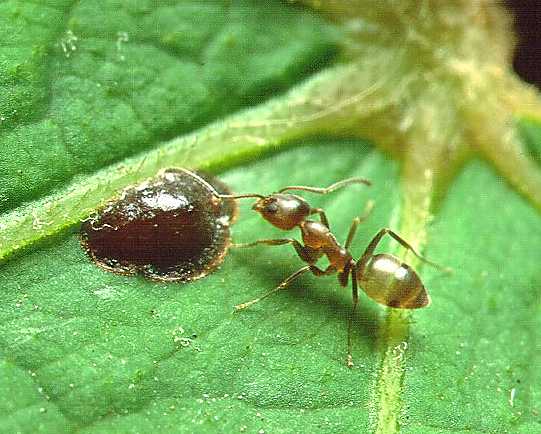
Yesterday we discussed a creature that loves to eat ants and I found out that some of our readers tend to have ant problems. Therefore, I thought I would write a post on the Argentine Ant. Something tells me that by the time you are done reading this post you will be happy with the regular ants around your home but they might not be there for long so enjoy them!!
The Argentine Ant is a dark colour ant which is native to parts of South America; however, humans have caused this ant to invade other parts of the world such as Japan, New Zealand, South Africa, Europe and the United States among other countries. Readers living in Southern California may be aware for these ants since their invasion was making headlines in 2007. These ants are listed in the Top 100 Invaders list which identifies some of the Worlds most problematic invasive species.
So how can this tiny little ant cause so much trouble? We need to remember that animals are linked by the food chain so even a tiny ant can disrupt the food web and cause havoc on the ecosystem. When the Argentine ant is introduced in a new area they will often displace most of the native ants. An ant is an ant so what is the big deal, right? Well, this isn’t exactly true. See some native plants may depend on those local ants to disperse their seed. Naturally, if those ants disappear then the plants will be in jeopardy. Still not convinced, well in Southern California the population of the horned lizard is decreasing since they feed on native ants which were eradicated by the Argentine “bully” ants. This would be like us having our favourite pizza joint turn into a brussel sprout stand. I know I would end up starving!
Amazingly enough these ants are so successful because of team work. Different colonies of Argentine ants which are not related will still work together to find food and survive. The ants between colonies will co-mingle like one big happy family. Normal ants will attack other colonies instead of trying to make allies. Perhaps, these other ants need to smarten up and work together to win the battle of the ants. Battle of the Ants! It sounds like a reality show on Fox.
Argentine Ants Fast Fact: Research published in 2009 has determined that Argentine ants from the three “supercolonies” in America, Europe and Japan are actually all genetically related. Just imagine what that family reunion would be like.

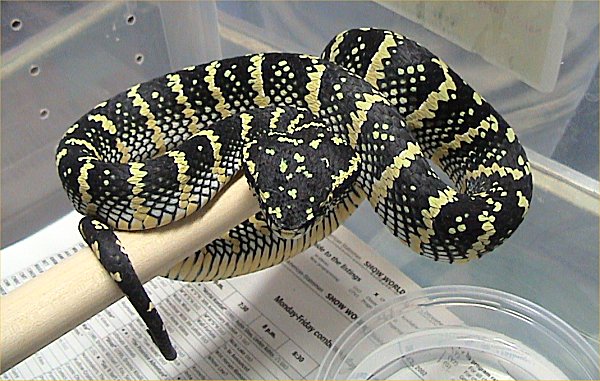
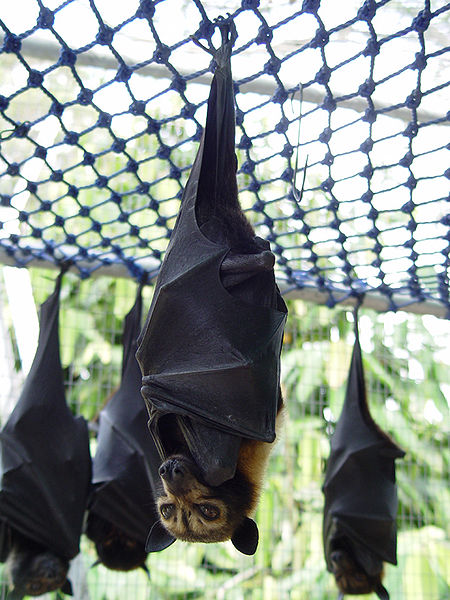
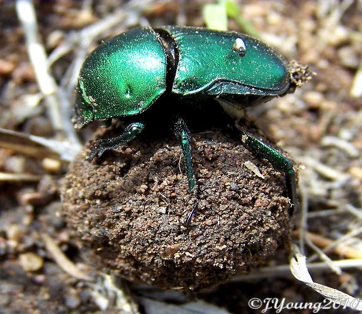
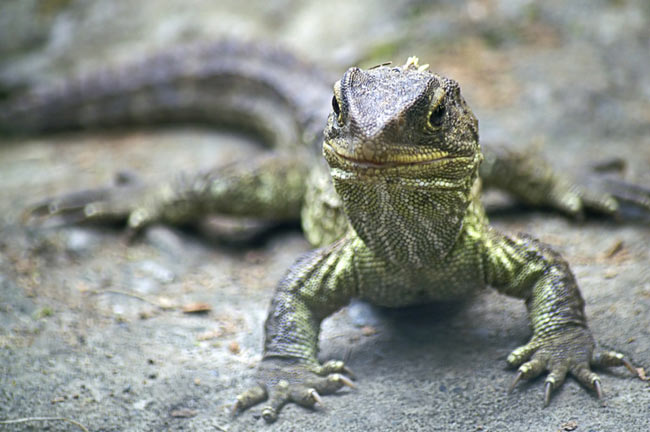
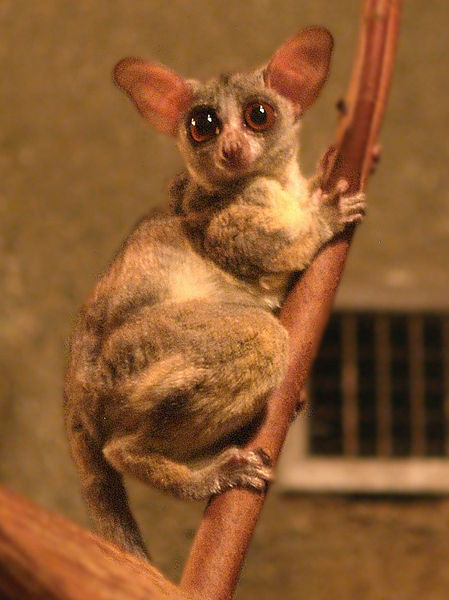
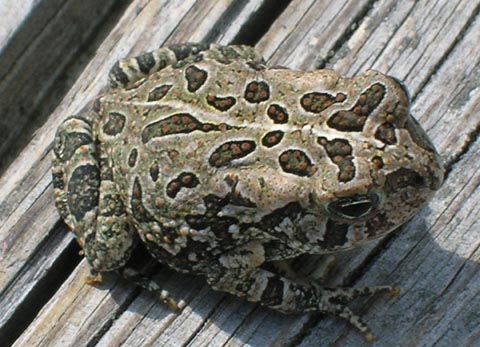
Being of ant interest this is a fascinating post and I realy enjoyed it. Funnily enough the ants here steal our corriander seeds every years when we sow them so we have to exterminate then prior to this. The do return though once the coriander is safe after sprouting. Seemingly doing the opposite form ther Argentine ant.
Hi Martin,
I imagine you would have several problems with animals such as ants, birds, rodents, etc. stealing your seed. I have actually never thought about ants being a problem for farming but I guess it makes a lot of sense.
Thanks a lot for sharing your story. You have me thinking of other scenarios where ants/insects can be a pest to people. It also makes me think if we are pests to ants/insects since we are always countering their feeding efforts!
Have a great day!
I’m in L.A. and I still see hordes of the native black ants around my house. I wish some horned lizards would come to my place – they’d have all they could dine on! I miss those funny-looking little lizards.
That is great to hear you still have hordes of the native black ants! I hope they will continue to survive down there. Did you use to see a lot of horned lizards? I am just curious if you have noticed a decrease in their population.
Thanks for posting, Janiss!
@Nathan, I haven’t seen them since I was a kid. But then, I don’t spend hours crawling through bushes in search of them, either. A very pretty light cream/golden colored lizard did get in the house a few months ago, though. I have NO idea what kind it was – I had never seen one like it before. And I’m pretty familiar with most of the lizard types around here.
I am not sure why you aren’t spending hours crawling through the bushes? That sounds like a lot of fun! A cream/golden coloured lizard eh? I am not sure what type of lizard it was. If you would like to try and identify it then I recommend the following site:
http://www.californiaherps.com/identification/lizardsid/lizards.id.html
Great, another awful invasive to worry about. This one is probably impossible to get rid of.
It sure does seem that we need to be careful what we introduce in our respective areas. Everything from plants, insects, crayfish, etc. are severe problems for native populations.
You are right about them being difficult to get rid of. Like most invasives, once they are established it becomes a great challenge to eradicate them.
I love Argentina but they can keep their ants and just send me their good malbec wines!
hahahahaha!
Maybe the ants are in the wine??